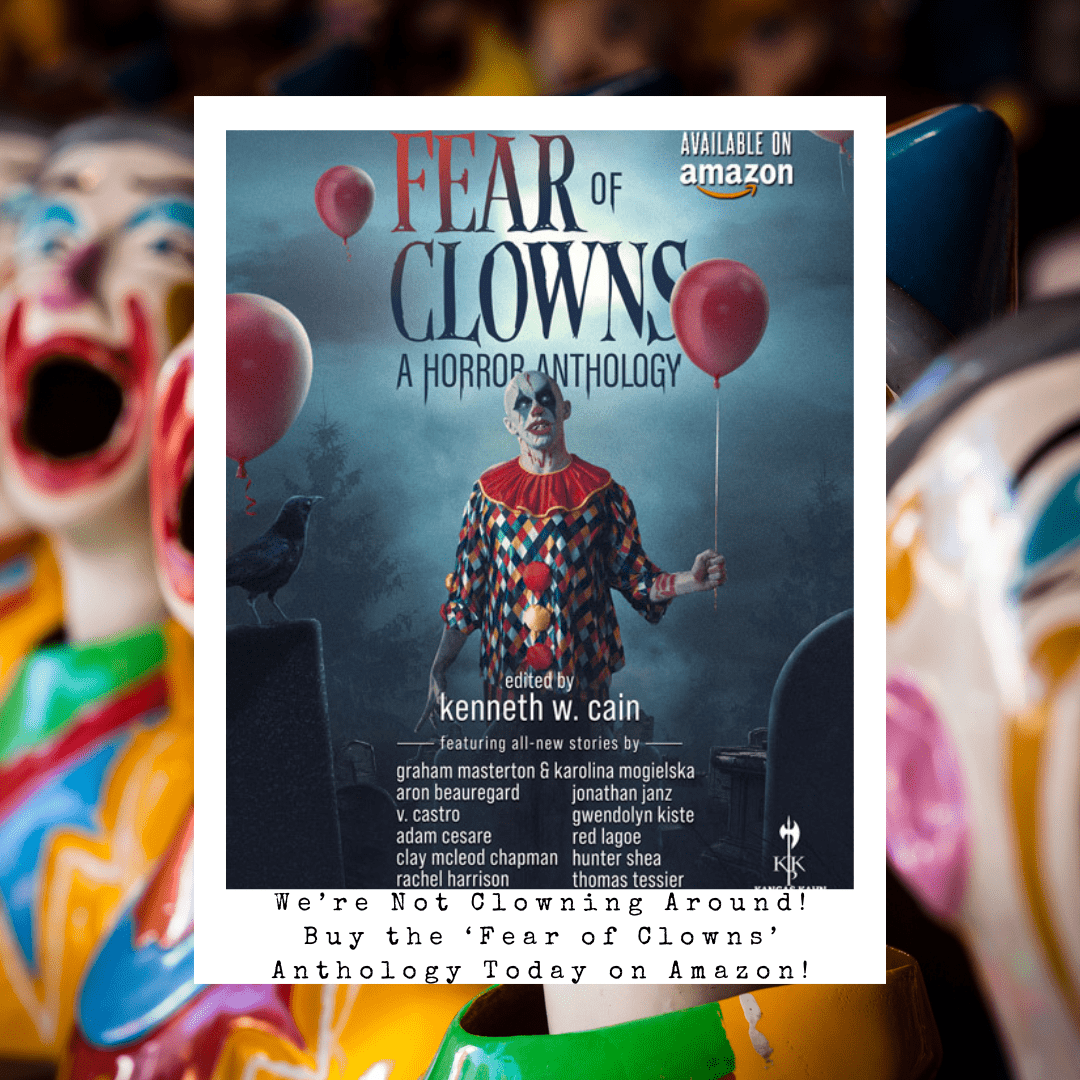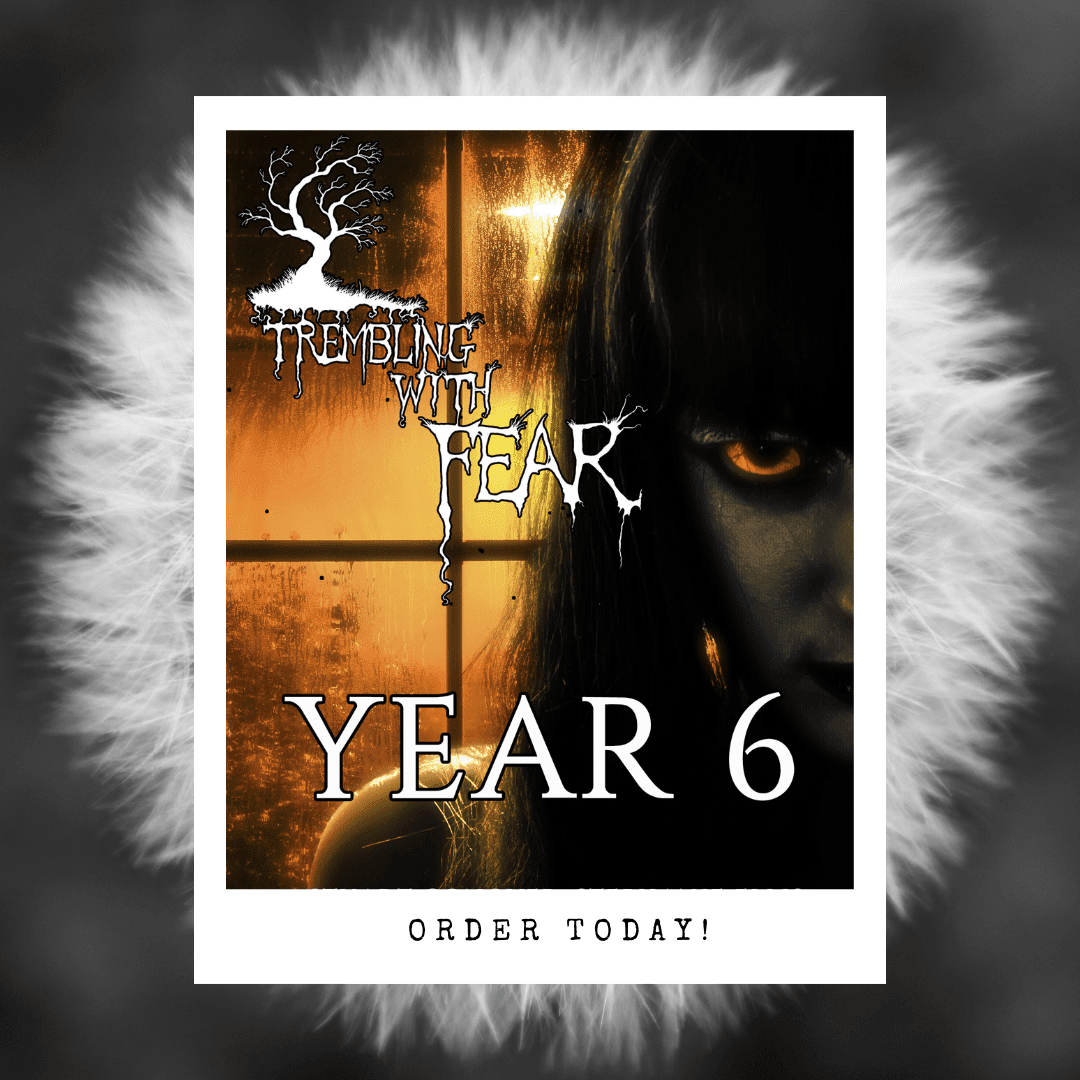To Punch Me Is to Know Me
To Punch Me Is to Know Me
By Howard Blaise
How do you portray conflict in a horror story? Perhaps more than any other genre, horror fiction tends to offer antagonists (vampires, werewolves, zombies, &c.) that turn us into them. At what point does this strange ambivalence swing from the risk of being transformed to the desire of being transformed? Let’s put ourselves in the shoes of a horror protagonist.
Say you want to become a vampire. If you were to walk up to one and simply ask her to turn you, she would probably laugh in your face and/or pull off your head. Counterintuitively, if you’ve got a yen for undeath, becoming a vampire slayer might be your best chance at becoming a vampire. After all, if you convince them that you loathe and despise their kind more than anything in the world, then what better torture could they inflict on you than turning you into the very thing which (they think) you hate the most? Besides, for some people, trying to kill each other is just their love language. Look at Westley and Inigo.
In the video game Knights of the Old Republic II, the warrior handmaiden Brianna remarks that combat is “truer than conversing in words. In battle, the words are swept away, giving way to actions—mercy, sacrifice, anger, fear. These are moments of pure expression.” In the TV show Firefly, the fictional philosopher Shan Yu states, “Live with a man forty years. Share his house, his meals. Speak on every subject. Then tie him up, and hold him over the volcano’s edge. And on that day, you will finally meet the man.” And in The Matrix Reloaded, the Oracle’s bodyguard Seraph sums it up by saying, simply, “You do not truly know someone until you fight them.”
The flip side of this dynamic is perhaps best expressed by the titular hero of Ender’s Game: “In the moment when I truly understand my enemy, understand him well enough to defeat him, then in that very moment I also love him. I think it’s impossible to really understand somebody, what they want, what they believe, and not love them the way they love themselves. And then, in that very moment when I love them. . . I destroy them.” In short, the more you fight someone, the better you know them—and, of course, the more you know them, the better you can fight them.
In real life, I’m a martial arts instructor. As such, I try to keep the above insights in mind when my students inevitably (and, in some contexts, quite rightly) push their boundaries and challenge me. For one thing, this sort of conflict helps them to forge their own martial identity; for another, it teaches me how they learn and what they’re capable of, which in turn enables me to teach them more effectively. I did the same thing with my own teachers, and they with their teachers before them. This has been the master/student relationship all the way back to the dawn of the very first punch, and it’s exactly how we all learn and grow. Friedrich Nietzsche once said, “He who fights with monsters must take care, lest he thereby become one himself.” But the same holds true if we replace the words “monsters” with “masters.”
And speaking of monsters, let’s circle back to where we started. What if you became a slayer out of a genuine loathing and detestation of the undead? What if becoming one of them really is the last thing in the world you’d ever want? Well—considering that you spend all your time around vampires, you might not have a choice. Who is more likely to be possessed than the exorcist? In WWII, after a decisive victory against the German General Rommel, the American General Patton famously exulted, “Rommel, you magnificent bastard, I read your book!” Now, reading that book was clearly good strategy—know your enemy, right?—but what if he went on, by the same logic, to study all the Third Reich literature he could get his hands on? What if, in doing so, he became so steeped in their ideology that he wound up switching sides? It’s not unheard of; hell, look at Denethor.
There’s no hard and fast line between understanding your adversary, sympathizing with your adversary, and joining [1] your adversary. It’s a long, grey no man’s land full of virus-packed intel, and yes, I know that’s kind of a mixed metaphor, just work with me here. The point is that in every fight, your opponent is teaching you something—whether intentionally or otherwise—and, whether you hope to assimilate or repudiate that knowledge, you can’t fully do so unless you fully understand what you’re being taught.
In short, if you’re a horror protagonist—know your enemy, but don’t forget the grounds of your enmity. And remember that as long as you’re fighting, they’re also learning from you. I think they said it best in the video game Kingdom Hearts: “The closer you get to the light, the bigger your shadow becomes.”
1: https://www.criticalblast.com/articles/2023/04/13/get-room-already-parable-sauron-and-galadriel













